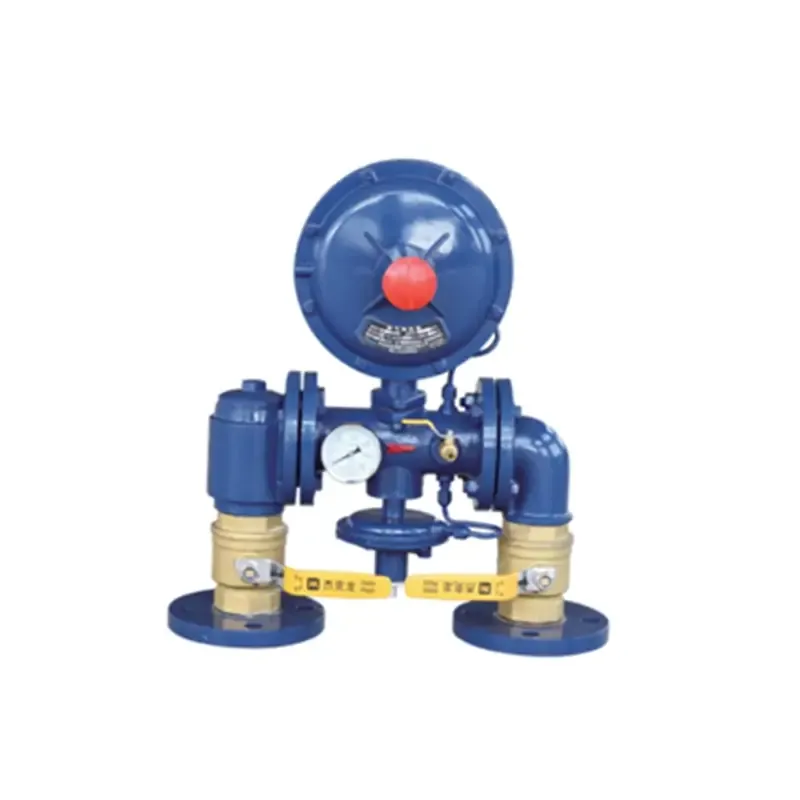
Dec . 12, 2024 07:07
Back to list
Electric Water Heaters Efficient Solutions for Modern Home Comfort
Understanding Electric Water Heaters Efficient Solutions for Modern Living
Electric water heaters have become a staple in contemporary homes, offering a reliable and efficient means to produce hot water for various domestic needs. With the growing demand for energy efficiency and convenience, electric water heaters have evolved significantly, providing homeowners with effective solutions for their hot water requirements.
How Electric Water Heaters Work
Electric water heaters operate using electric resistance coils that heat water directly. When the thermostat detects that the water temperature falls below a preset level, it activates the electric heating element to warm the water in the tank. This mechanism ensures a steady supply of hot water for showers, washing dishes, and other household tasks.
There are primarily two types of electric water heaters tank and tankless.
1. Tank Water Heaters These heaters store a specific amount of heated water in a storage tank, typically ranging from 20 to 80 gallons. They provide a reliable source of hot water but may run out during peak usage times. Once the stored water is depleted, it takes time to reheat the water in the tank, which can be a disadvantage for larger families or households with significant hot water demand.
2. Tankless Water Heaters Unlike traditional tank models, tankless water heaters provide hot water on demand by heating water as it flows through the unit. This design eliminates the need for storage and reduces energy waste since water is not continuously heated. Tankless systems can be more energy-efficient, though their upfront costs are typically higher.
Advantages of Electric Water Heaters
Electric water heaters offer several significant benefits
.
- Space Saving Electric tankless heaters, in particular, are compact and can be installed in smaller spaces, making them ideal for apartments or homes with limited room for bulky tanks.
السخانات الكهربائية

- Easy Installation Electric water heaters are generally easier to install than gas models, as they do not require venting systems. This simplicity allows for broader installation options within a home.
- Safety Features Electric models often come with built-in safety mechanisms, such as overheat protection and automatic shut-off features, to prevent mishaps.
Considerations When Choosing an Electric Water Heater
When selecting an electric water heater, several factors should be considered
1. Size and Demand Assessing the household's hot water needs is crucial. For smaller households, a tankless model may suffice, while larger families might require a traditional tank water heater with a higher capacity.
2. Energy Source Ensure that your home’s electrical system can handle the power requirements of the water heater. Some advanced models may need dedicated circuits.
3. Cost Initial installation costs and long-term energy expenses will factor into your decision. While tankless units can be pricier upfront, they often yield savings over time due to their efficiency.
4. Warranty and Maintenance Look for units that come with solid warranties and consider the maintenance required over time, which can help prolong the lifespan of your investment.
Conclusion
Electric water heaters stand as a modern solution to a fundamental need in every household hot water. They offer convenience, efficiency, and a variety of options suitable for different space constraints and family sizes. By considering your specific requirements and understanding how these systems operate, you can make an informed choice that enhances your home’s comfort and efficiency. With the right electric water heater, you can enjoy reliable hot water while also committing to energy-conscious practices.
Latest news
-
Safety Valve Spring-Loaded Design Overpressure ProtectionNewsJul.25,2025
-
Precision Voltage Regulator AC5 Accuracy Grade PerformanceNewsJul.25,2025
-
Natural Gas Pressure Regulating Skid Industrial Pipeline ApplicationsNewsJul.25,2025
-
Natural Gas Filter Stainless Steel Mesh Element DesignNewsJul.25,2025
-
Gas Pressure Regulator Valve Direct-Acting Spring-Loaded DesignNewsJul.25,2025
-
Decompression Equipment Multi-Stage Heat Exchange System DesignNewsJul.25,2025

